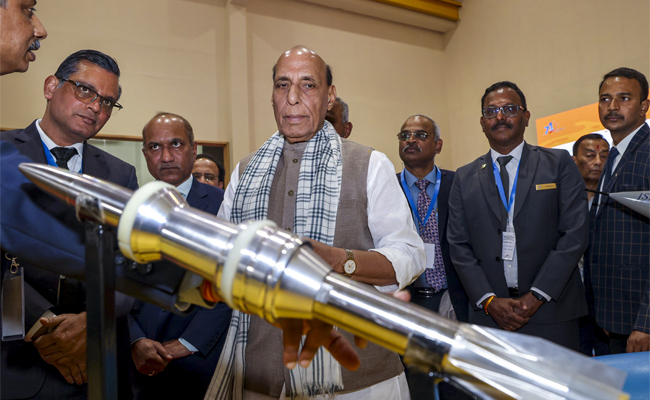Bengaluru: Karnataka police are set to deploy a cutting-edge artificial intelligence system in a landmark move to tackle online misinformation, fake news, and cybercrimes.
The new system will be powered by "agentic AI" — advanced AI technology capable of independently identifying and flagging harmful content on the internet, as reported by Deccan Herald on Monday.
The initiative builds on the earlier work of the Information Disorder Tackling Unit (IDTU) under the Department of Electronics, IT and BT. That unit has now been integrated into the newly established Cyber Command Unit (CCU) under the Home Department.
At the core of the CCU's strategy is the deployment of agentic AI systems. Unlike traditional AI models that rely heavily on human supervision, agentic AI can perform complex tasks autonomously and make real-time decisions, functioning as digital assistants for police officers.
"These agents are deployed across public parts of the internet to identify and flag harmful content. They do not access private messages or personal conversations," DH quoted a senior police official involved in the project as saying.
Once flagged, this content will be reviewed by human operators. If deemed relevant to the public, particularly in the case of misinformation, the content will be published on an interactive government platform — satya.gov.in — where it will be reframed in simple, easy-to-understand language. Citizens will also be able to participate by submitting verified information or reporting suspicious content, making the system more collaborative.
To build the capabilities of agentic AI, the police have begun working with both Large Language Models (LLMs) and Small Language Models (SLMs) — machine learning systems capable of handling specific tasks with minimal input, DH added.
"These models are currently being used to complete targeted tasks. Over time, as we gather more data, we'll use it to train our agentic systems," the officer mentioned.
All development work is being carried out in-house at the IDTU. So far, the unit has been relying on traditional AI to monitor misinformation online and had achieved strong results with high accuracy. However, those systems were limited in scope and required substantial human oversight. The shift to agentic AI is expected to reduce that dependency and scale up operations.
Meanwhile, the officer cautioned that even the most advanced AI systems are still capable of producing false or misleading conclusions, a phenomenon known as "hallucination." As a result, human oversight will remain essential even after these systems are deployed. "Developing and refining such high-tech systems requires continuous observation, research, and testing," the officer added.
Let the Truth be known. If you read VB and like VB, please be a VB Supporter and Help us deliver the Truth to one and all.
Bengaluru (PTI): Karnataka Commerce and Industries Minister M B Patil on Monday asserted that Aequs continues to expand in the state and that its proposed investment in neighbouring Tamil Nadu was a business decision aimed at diversification, not a shift away from Karnataka.
Reacting to criticism on social media over reports that the Karnataka-based firm had signed a major investment deal in Tamil Nadu's Krishnagiri district for setting up a specialised aerospace and defense manufacturing cluster, he said the state government was fully aware of the company's plans and remained confident about its long-term commitment to Karnataka.
"While we welcome every major investment in India, would like to clarify a few points," Patil said in a post on 'X'.
Aequs was significantly expanding its footprint within Karnataka, including a Rs 3,000 crore investment in Kolar for electronics manufacturing.
"Its recently approved Rs 1,500 crore ECMS project will also be grounded in the state. Karnataka remains central to its long-term strategy," he said.
Patil added that the government had prior knowledge of the TN proposal.
The government was already informed and aware that the TN investment is a business decision aimed at geographic diversification and de-risking operations, not a shift away from Karnataka.
"Healthy competition between states strengthens India's manufacturing ecosystem," he said.
Emphasising the state's focus on high-technology sectors, Patil said, "We remain committed to deepening Karnataka's leadership in aerospace and advanced manufacturing, and our engagement with industry partners is strong and ongoing."
The Aequs Group has pledged Rs 4,000 crore to bolster Tamil Nadu's aerospace manufacturing capabilities at the SIPCOT-Shoolagiri Industrial Park in Krishnagiri district.
The group proposes to establish a specialised aerospace and defense manufacturing cluster for the production of aircraft engines, gearbox components, and precision engineering parts. This initiative is expected to provide employment to 7,000 individuals.





